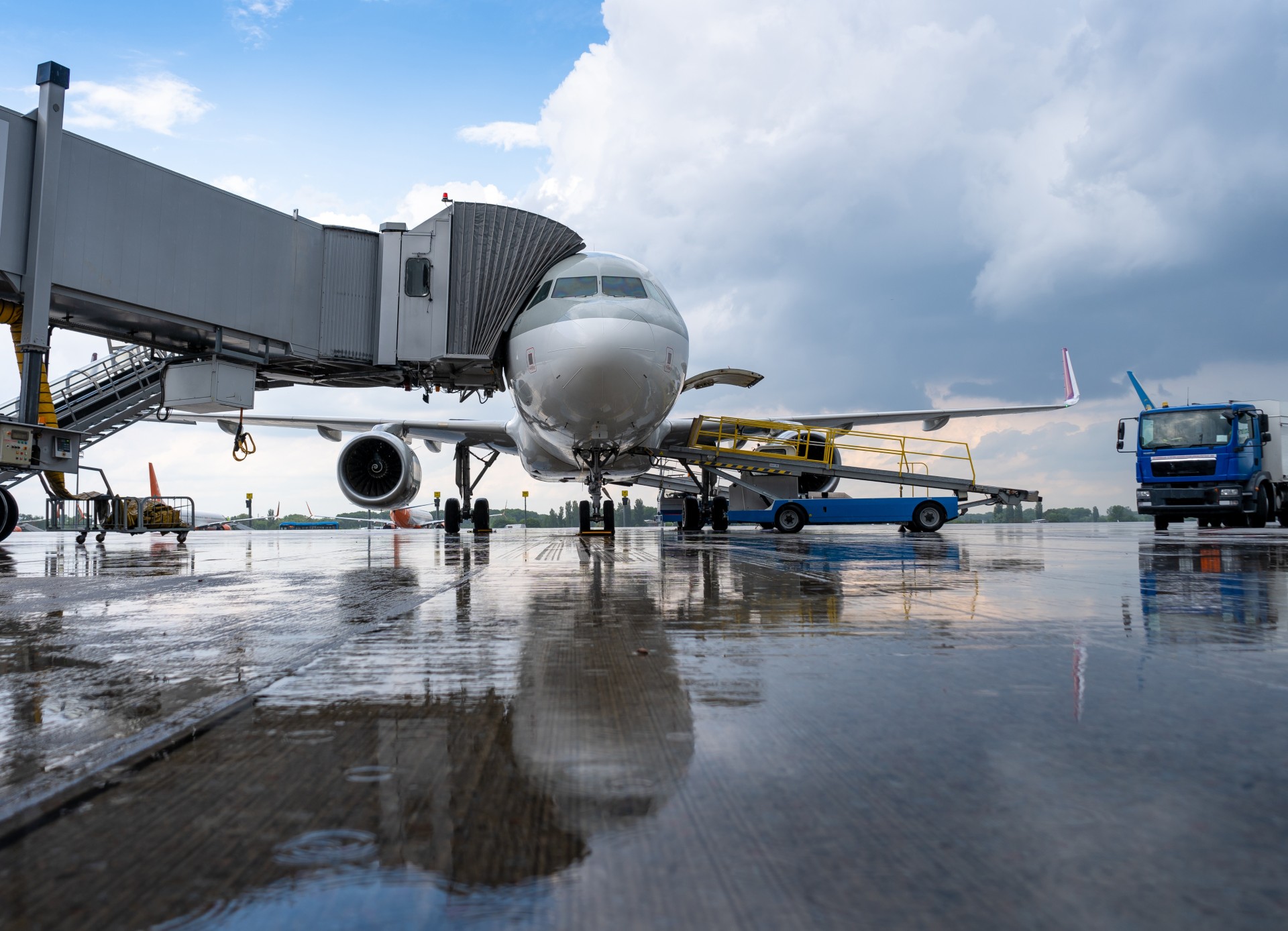Boeing union contract negotiations update – Boeing has successfully negotiated a tentative agreement with a union that represents over 32,000 workers in the U.S. Pacific Northwest.
This agreement could prevent a strike that was set to begin as early as September 13. The potential strike raised concerns among employees and management alike, highlighting the importance of strong labor relations in the aerospace industry.
Key Details of the Agreement
The proposed contract spans four years. If approved, it includes a 25% wage increase for workers. Additionally, it ensures that the next commercial airplane will be built in the Seattle area. This commitment not only supports local jobs but also signifies Boeing’s dedication to maintaining a strong presence in the Pacific Northwest.
Furthermore, the agreement enhances retirement benefits for employees, providing them with better security as they approach retirement. It also gives the union more say in safety and production quality. Stephanie Pope, the CEO of Boeing Commercial Airplanes, emphasized the significance of this agreement, stating, “This would align with our other flagship models, meaning job security for generations to come.”
Addressing Quality Concerns
Boeing is currently facing scrutiny due to a quality crisis. This crisis has been particularly challenging for the company, especially after a door plug incident on an Alaska Air jetliner in January. The incident raised alarms about Boeing’s manufacturing processes and quality control measures. As a response, this agreement aims to tackle these pressing issues while committing to the next generation of aircraft production in the Pacific Northwest.
 The deal requires approval from factory workers in Seattle and Portland, Oregon, who are represented by the International Association of Machinists and Aerospace Workers (IAM). A strike could still occur if the agreement fails to receive two-thirds support in a second vote. This situation underscores the need for effective communication between management and the workforce to ensure that all concerns are addressed.
The deal requires approval from factory workers in Seattle and Portland, Oregon, who are represented by the International Association of Machinists and Aerospace Workers (IAM). A strike could still occur if the agreement fails to receive two-thirds support in a second vote. This situation underscores the need for effective communication between management and the workforce to ensure that all concerns are addressed.
Challenges for Boeing’s Leadership
Boeing’s new CEO, Kelly Ortberg, faces considerable pressure to improve the company’s culture and quality standards while managing labor relations. Analysts believe that a positive shift in culture is essential for Boeing’s long-term success. Aerospace analyst Richard Aboulafia commented, “Changing the culture starts with a different attitude towards labor and towards the future with new product development.”
Ortberg’s leadership is crucial during this transition period. He must navigate the complexities of labor negotiations, quality assurance, and public perception. As Boeing seeks to recover from past mistakes, the leadership team must focus on building trust with employees and stakeholders.
Boeing union contract negotiations – Financial Pressures
Boeing is experiencing significant financial difficulties. The company reported a $1.44 billion net loss in the second quarter of 2023. This loss raised concerns about Boeing’s financial health and its ability to invest in future projects. Analysts suggest the company may need to raise $30 billion to develop a new aircraft. These financial challenges highlight the need for a stable labor force and improved operational efficiency.
The agreement with the union represents a step toward stabilizing labor relations, which are essential for maintaining productivity and profitability. By securing a favorable contract, Boeing can focus on its operational goals and ensure the company remains competitive in the aerospace industry.
Boeing union contract negotiations – Union’s Perspective
The union’s response to the agreement has been positive, despite the initial demand for a 40% wage increase. The IAM union local expressed their satisfaction, stating, “Although there was no way to achieve success on every single item, we can honestly say that this proposal is the best contract we’ve negotiated in our history.” This sentiment reflects a commitment to working together for the betterment of the workforce and the company.
The union’s leadership is aware of the challenges ahead. They recognize that a strong partnership with Boeing’s management is essential for navigating the complexities of the aerospace industry. The agreement marks a significant milestone in the relationship between the union and Boeing, emphasizing the importance of collaboration in achieving common goals.
Comparisons with Other Industries
In recent months, the United Auto Workers union secured a similar 25% wage increase over four-and-a-half years with the Detroit Three automakers. This trend of rising wages reflects a broader shift in labor relations across various industries. Workers are advocating for better pay and benefits, highlighting the need for companies to adapt to changing market conditions and employee expectations.
 Biden administration officials, including Acting Labor Secretary Julie Su, have urged both sides to finalize a fair contract. They emphasize the importance of maintaining a healthy labor market, which is crucial for economic growth and stability. With the ongoing challenges in the aerospace sector, securing labor peace is essential for Boeing to focus on increasing production of its popular 737 MAX aircraft.
Biden administration officials, including Acting Labor Secretary Julie Su, have urged both sides to finalize a fair contract. They emphasize the importance of maintaining a healthy labor market, which is crucial for economic growth and stability. With the ongoing challenges in the aerospace sector, securing labor peace is essential for Boeing to focus on increasing production of its popular 737 MAX aircraft.
Boeing union contract negotiations – Looking Ahead
The tentative agreement, if ratified, would help secure labor peace and allow Boeing to concentrate on its production goals. As the company navigates the complexities of the aerospace industry, it is essential to foster positive relationships with employees and stakeholders.
With the labor agreement in place, Boeing can shift its focus back to operational efficiency and quality assurance. This shift is critical for the company’s long-term success as it works to regain the trust of regulators, customers, and the public.
In conclusion, the tentative agreement between Boeing and the union represents a significant step toward stability in the aerospace industry. By addressing key concerns and fostering collaboration, both parties can work together to navigate the challenges ahead.
Chart By Trading View

